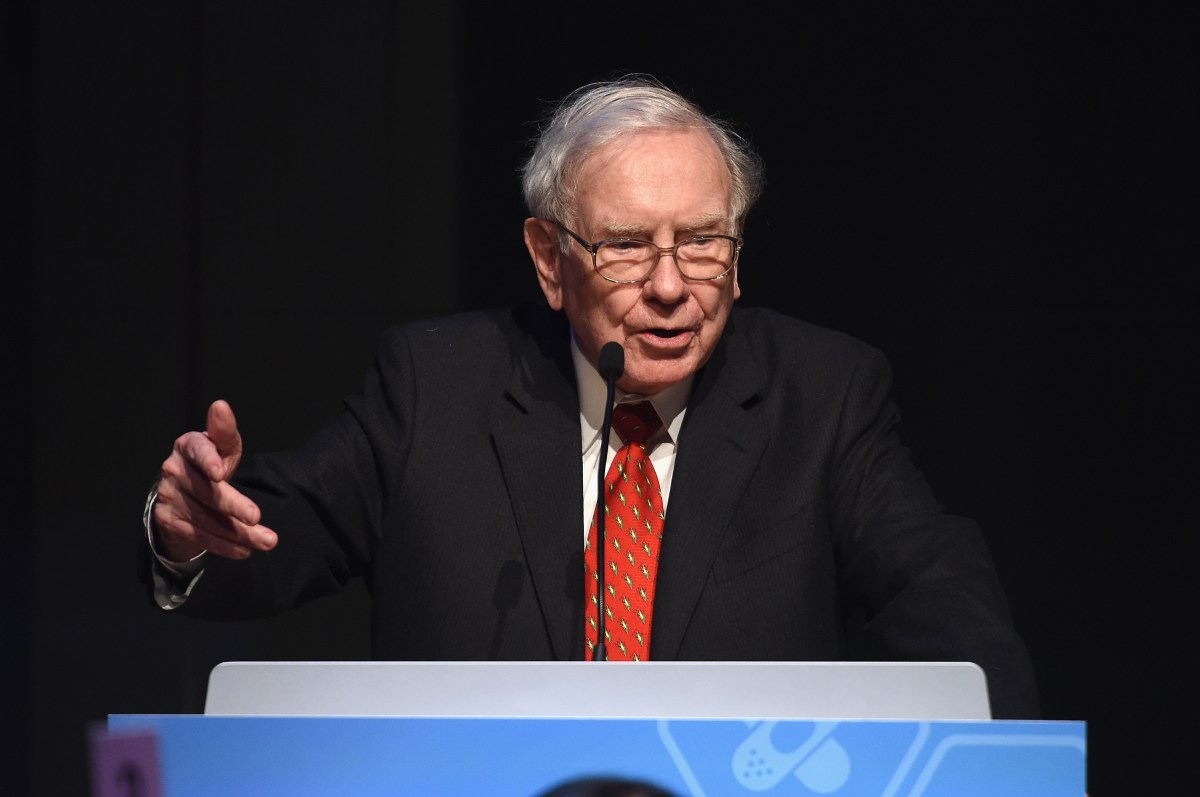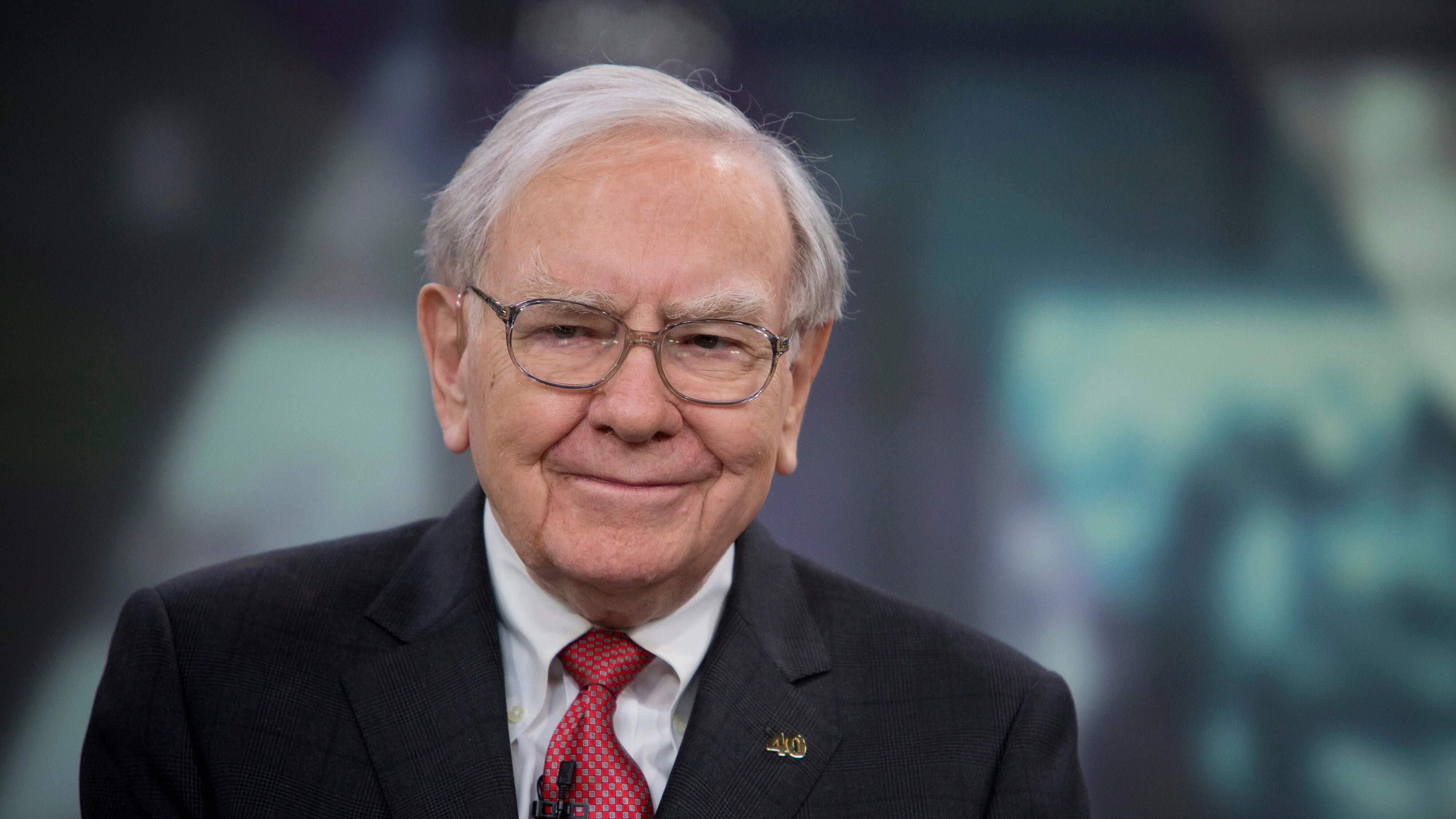"AI Meets Medicine: How Venture Capital Titans Are Fueling the Healthcare Revolution"
AI Meets Medicine: How Venture Capital Titans Are Fueling the Healthcare Revolution In recent years, we've witnessed a groundbreaking collaboration that could define the future of healthcare—venture capital funds pouring into artificial intelligence technology. This synergy is catalyzing a paradigm shift in medical practice and healthcare delivery. Let's explore how AI, backed by substantial venture capital investments, is transforming the healthcare landscape. The Union of AI and Medicine AI's integration into medicine isn't just a fleeting trend; it's a burgeoning force poised to revolutionize numerous facets of healthcare. Tasks ranging from diagnostic imaging to personalized medicine are becoming more efficient and accurate thanks to AI technologies. Key Statistics: According to a 2023 report by CB Insights, AI startups focused on healthcare raised over $8 billion in funding, marking a significant increase from previous years. Goldman Sachs forecasts that AI-powered healthcare could save the industry up to $150 billion annually by 2026. Role of Venture Capital Venture capitalists (VCs) identify promising ideas and provide the financial backing necessary for scaling innovations. Here's how they're making a difference in medical AI: Funding Startups: VCs are pivotal in empowering startups that develop AI tools for early detection of diseases like cancer and Alzheimer's. Driving Innovation: With VC resources, companies can invest in the necessary research for breakthroughs, such as AI algorithms capable of analyzing CT scans more efficiently. Accelerating Growth: The infusion of capital not only enables growth but also paves the way for these startups to collaborate with established medical institutions. Transformative Impact AI-assisted surgery, virtual health assistants, and predictive analytics are just the beginning. These advancements promise to enhance patient outcomes, lower costs, and increase accessibility. With VCs continuing to fuel this AI-driven healthcare revolution, the potential is limitless. Conclusion AI in medicine, catalyzed by venture capital investments, is a revolution that promises a future where healthcare is more intelligent, responsive, and accessible. As venture capitalists continue to back AI in healthcare, we are witnessing the dawn of a new era in medicine—one where technology meets care in profoundly impactful ways.
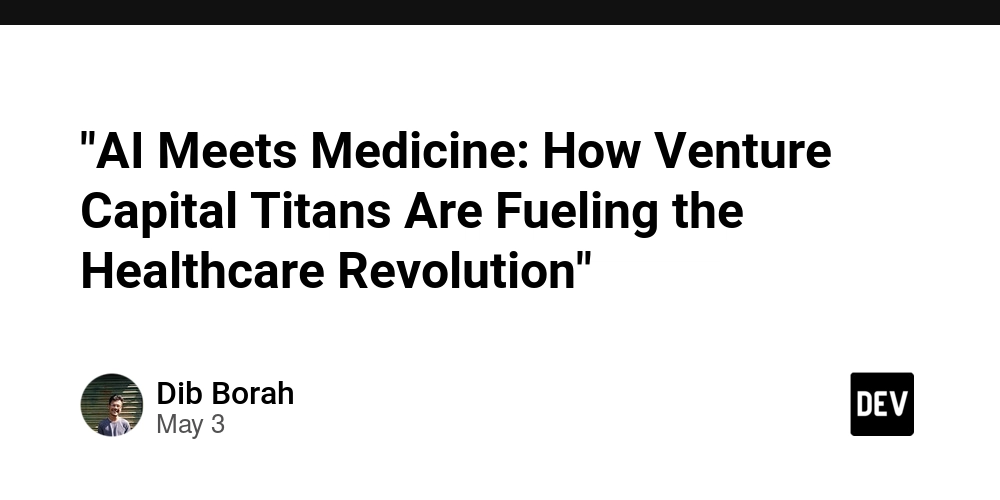
AI Meets Medicine: How Venture Capital Titans Are Fueling the Healthcare Revolution
In recent years, we've witnessed a groundbreaking collaboration that could define the future of healthcare—venture capital funds pouring into artificial intelligence technology. This synergy is catalyzing a paradigm shift in medical practice and healthcare delivery. Let's explore how AI, backed by substantial venture capital investments, is transforming the healthcare landscape.
The Union of AI and Medicine
AI's integration into medicine isn't just a fleeting trend; it's a burgeoning force poised to revolutionize numerous facets of healthcare. Tasks ranging from diagnostic imaging to personalized medicine are becoming more efficient and accurate thanks to AI technologies.
Key Statistics:
- According to a 2023 report by CB Insights, AI startups focused on healthcare raised over $8 billion in funding, marking a significant increase from previous years.
- Goldman Sachs forecasts that AI-powered healthcare could save the industry up to $150 billion annually by 2026.
Role of Venture Capital
Venture capitalists (VCs) identify promising ideas and provide the financial backing necessary for scaling innovations. Here's how they're making a difference in medical AI:
Funding Startups: VCs are pivotal in empowering startups that develop AI tools for early detection of diseases like cancer and Alzheimer's.
Driving Innovation: With VC resources, companies can invest in the necessary research for breakthroughs, such as AI algorithms capable of analyzing CT scans more efficiently.
Accelerating Growth: The infusion of capital not only enables growth but also paves the way for these startups to collaborate with established medical institutions.
Transformative Impact
AI-assisted surgery, virtual health assistants, and predictive analytics are just the beginning. These advancements promise to enhance patient outcomes, lower costs, and increase accessibility. With VCs continuing to fuel this AI-driven healthcare revolution, the potential is limitless.
Conclusion
AI in medicine, catalyzed by venture capital investments, is a revolution that promises a future where healthcare is more intelligent, responsive, and accessible. As venture capitalists continue to back AI in healthcare, we are witnessing the dawn of a new era in medicine—one where technology meets care in profoundly impactful ways.





































































































































































![[The AI Show Episode 145]: OpenAI Releases o3 and o4-mini, AI Is Causing “Quiet Layoffs,” Executive Order on Youth AI Education & GPT-4o’s Controversial Update](https://www.marketingaiinstitute.com/hubfs/ep%20145%20cover.png)













































































































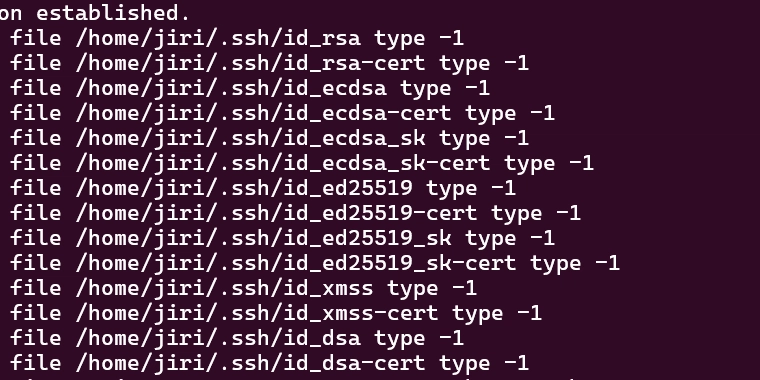
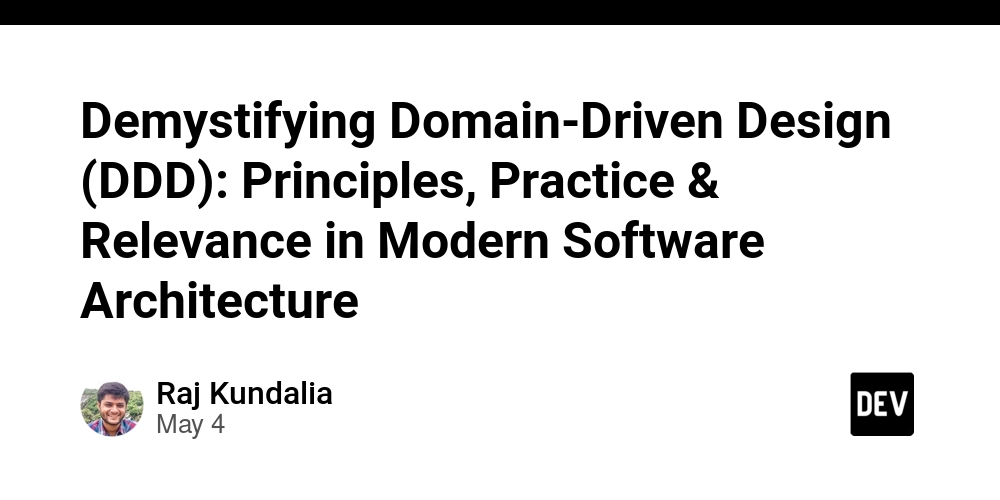













![[DEALS] Microsoft 365: 1-Year Subscription (Family/Up to 6 Users) (23% off) & Other Deals Up To 98% Off – Offers End Soon!](https://www.javacodegeeks.com/wp-content/uploads/2012/12/jcg-logo.jpg)




![From Art School Drop-out to Microsoft Engineer with Shashi Lo [Podcast #170]](https://cdn.hashnode.com/res/hashnode/image/upload/v1746203291209/439bf16b-c820-4fe8-b69e-94d80533b2df.png?#)








































































































(1).jpg?#)


















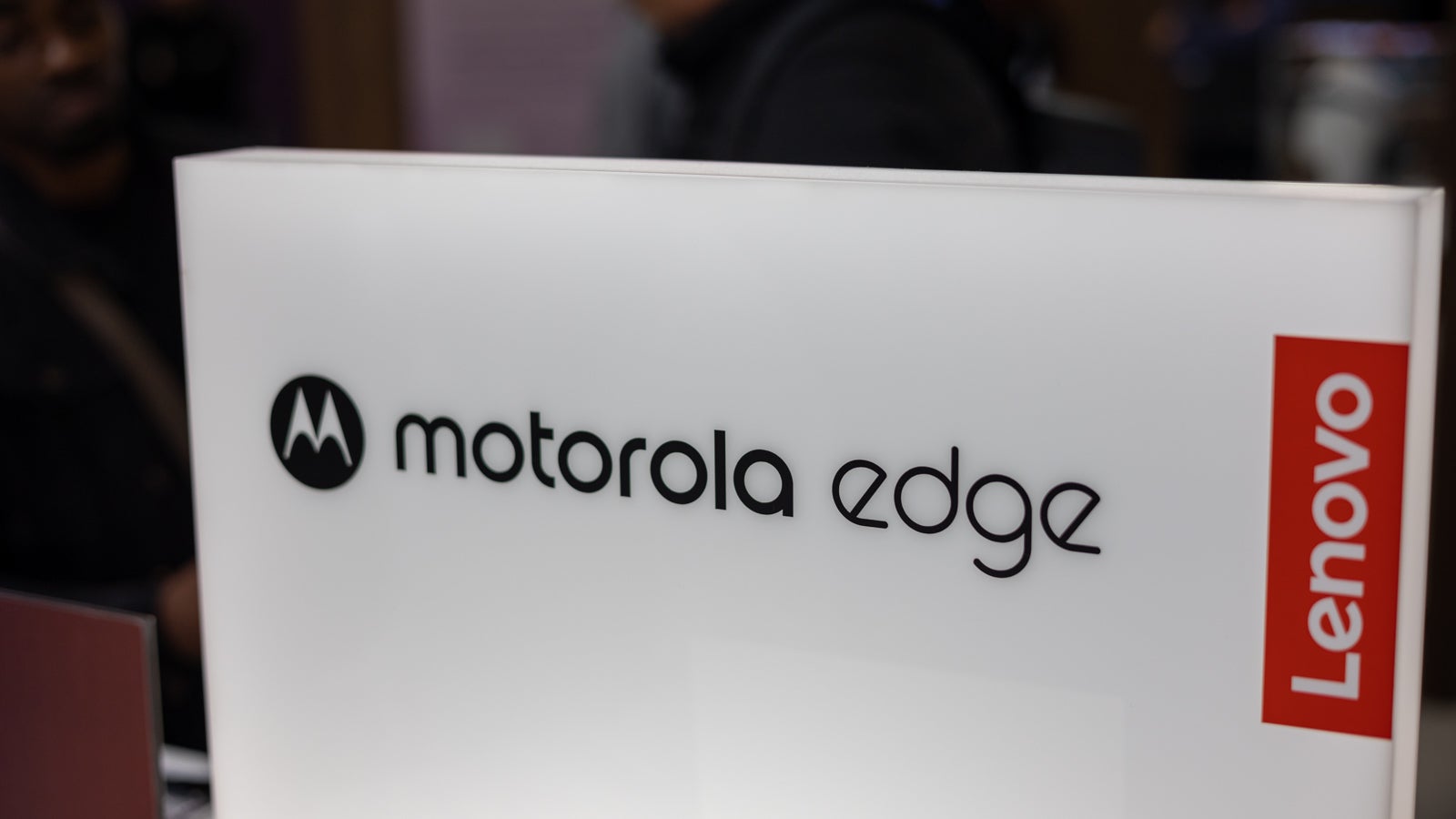












_Inge_Johnsson-Alamy.jpg?width=1280&auto=webp&quality=80&disable=upscale#)

























































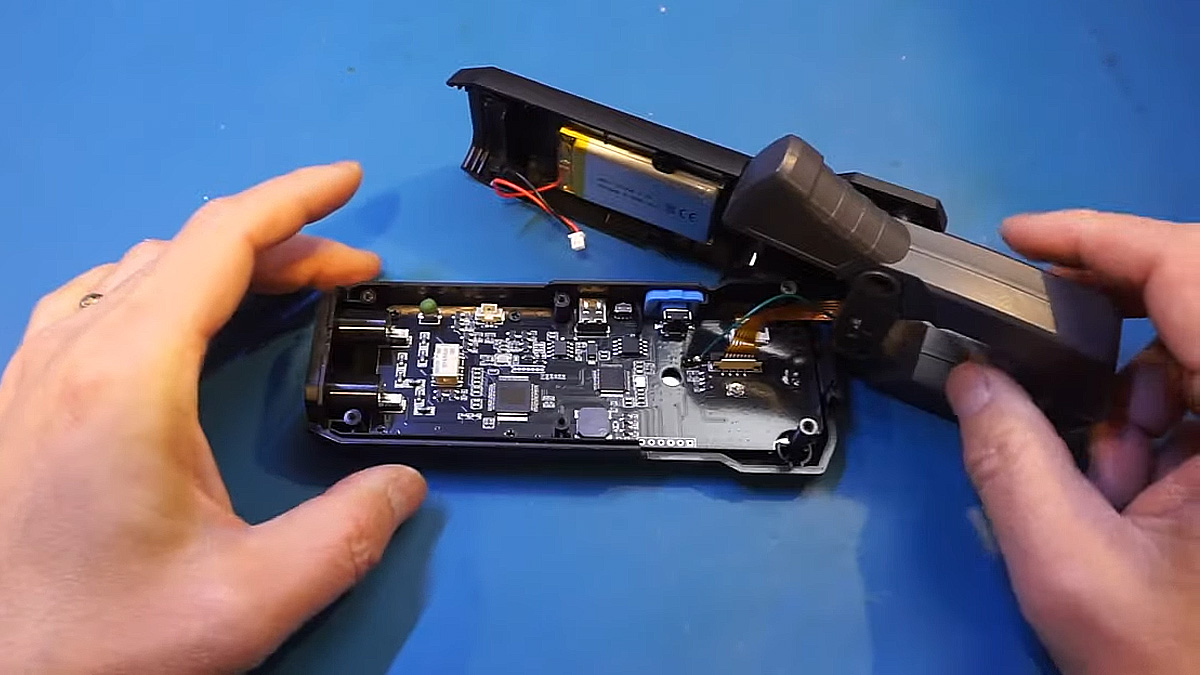
























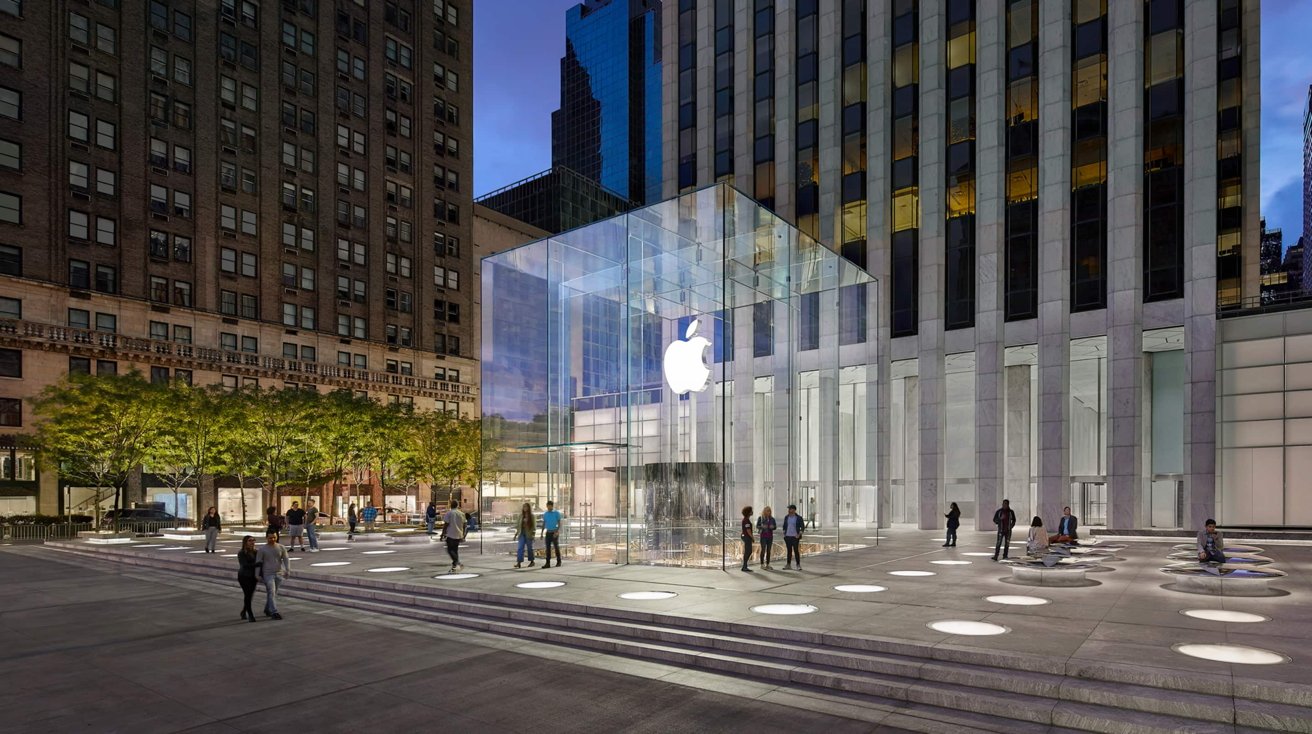


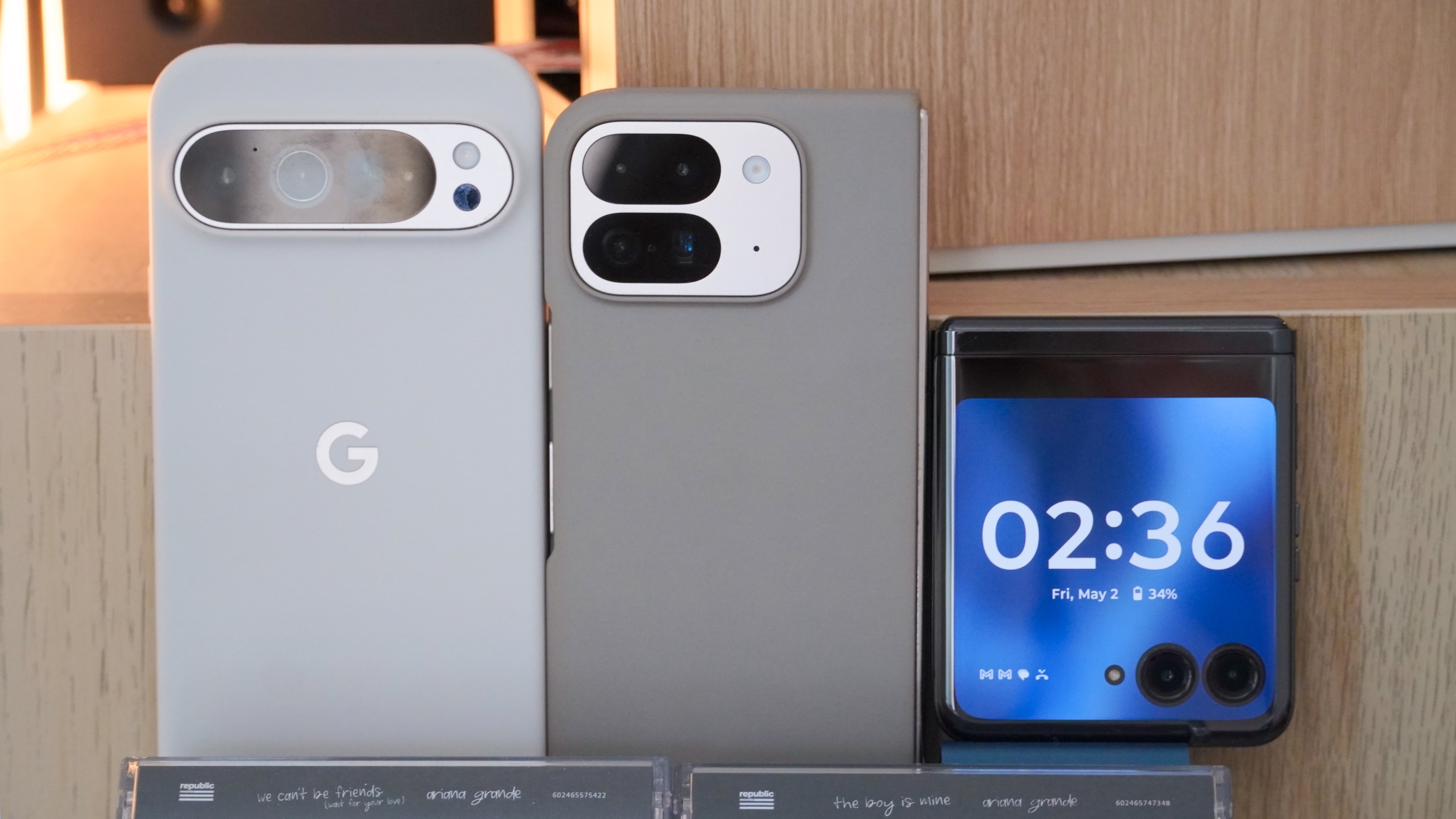




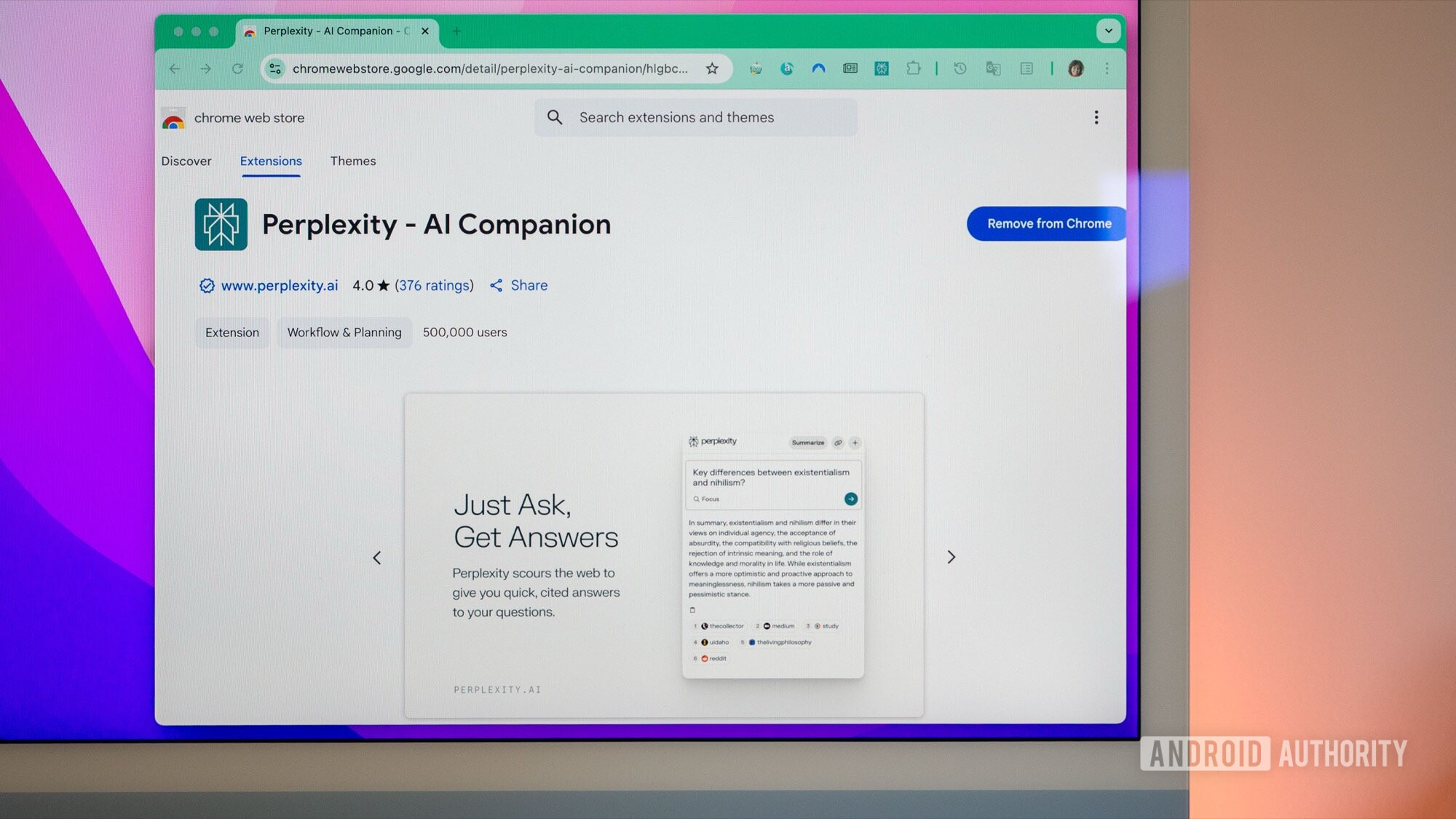





















![Apple to Split iPhone Launches Across Fall and Spring in Major Shakeup [Report]](https://www.iclarified.com/images/news/97211/97211/97211-640.jpg)
![Apple to Move Camera to Top Left, Hide Face ID Under Display in iPhone 18 Pro Redesign [Report]](https://www.iclarified.com/images/news/97212/97212/97212-640.jpg)
![Apple Developing Battery Case for iPhone 17 Air Amid Battery Life Concerns [Report]](https://www.iclarified.com/images/news/97208/97208/97208-640.jpg)
![AirPods 4 On Sale for $99 [Lowest Price Ever]](https://www.iclarified.com/images/news/97206/97206/97206-640.jpg)
































![[Updated] Samsung’s 65-inch 4K Smart TV Just Crashed to $299 — That’s Cheaper Than an iPad](https://www.androidheadlines.com/wp-content/uploads/2025/05/samsung-du7200.jpg)





























